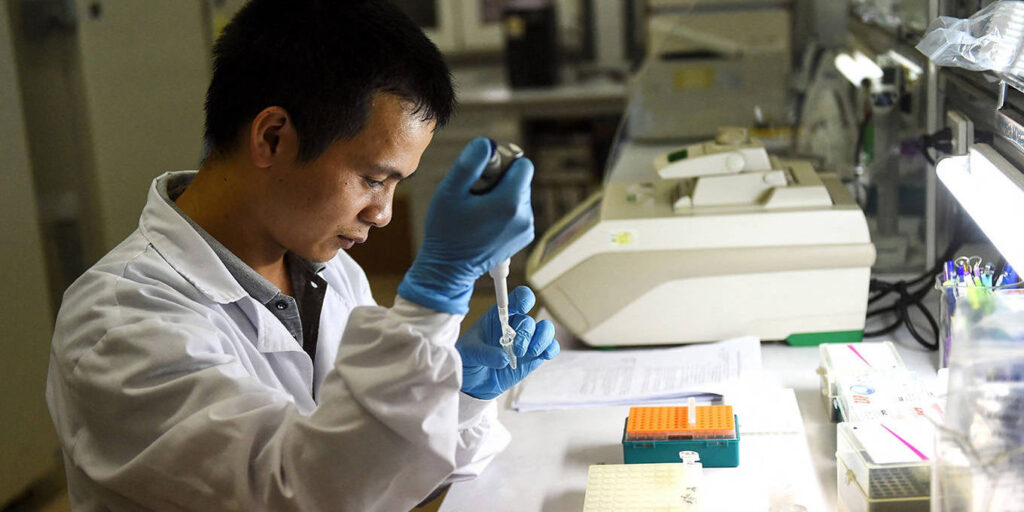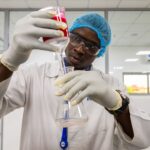As matters stand, medical-research agendas and standards are largely dictated by funders in the Global North, even when dealing with diseases that primarily affect the Global South. This approach is not only unfair; it leads to worse health outcomes.
KUALA LUMPUR – The global health landscape is marked by fundamental contradictions. Scientific innovation is accelerating at an unprecedented pace, yet many of the world’s most urgent health needs remain unmet. New drugs, diagnostics, and therapies are constantly being developed, but they remain largely inaccessible to the countries and communities that need them most. This is a crisis of equity, leadership, and imagination, and addressing it demands nothing less than an overhaul of the dominant model of medical research.
As matters stand, medical-research agendas and standards are largely dictated by funders in the Global North. Breakthroughs often depend on data from lower-income countries – which bear the brunt of the global disease burden – but credit for them is typically awarded to elite Western institutions.
But researchers, clinicians, and institutions in the Global South possess deep firsthand knowledge of the diseases afflicting local populations. They know which diagnostics and treatments can work in low-resource settings, and how to navigate local health systems. When they lack the opportunity to bring their expertise and insight to bear in setting research priorities or guiding research and development strategies, outcomes suffer.
Consider diagnostics, which is essential for disease management and surveillance. Global health experts often advocate expanding access to molecular diagnostics, which use in vitro techniques to analyze markers in the genome and proteome. But these approaches are costly and impractical in resource-limited settings, especially during disease outbreaks.
Global medical research and development must be reoriented toward equity and impact. This means not just giving countries a seat at the table, but letting them lead the research that primarily affects them. One of the most powerful levers for such a transformation is the public-private partnership (PPP) model, including not-for-profit product-development partnerships (PDPs) to advance the delivery of health products for poverty-related and neglected diseases, such as malaria and tuberculosis.
Over the past two decades, PDPs have played a crucial role in improving global health, by bringing together governments, philanthropies, industry, academia, and NGOs to tackle diseases for which there were no market incentives to develop solutions. Organizations like the Drugs for Neglected Diseases initiative, the Foundation for Innovative New Diagnostics, and the Medicines for Malaria Venture have proven that collaborative, public-interest-driven models can fill gaps left by the for-profit sector.
But this model appears to have lost its way. Nowadays, PDPs often appear to be entwined with large multinational companies, disconnected from countries’ health priorities and focused on the needs and demands of the Global North, with many using development pipelines and regulatory approaches designed for North American or European markets.
Meanwhile, ballooning overhead costs are being met with shrinking funding. It does not help that many PDPs remain headquartered in expensive Western cities like Geneva or London, with staffing that does not reflect the communities being served. To remain relevant, PDPs must be led by the countries they serve and headquartered in the Global South, with both cost structures and regulatory pathways being adapted to local realities.



